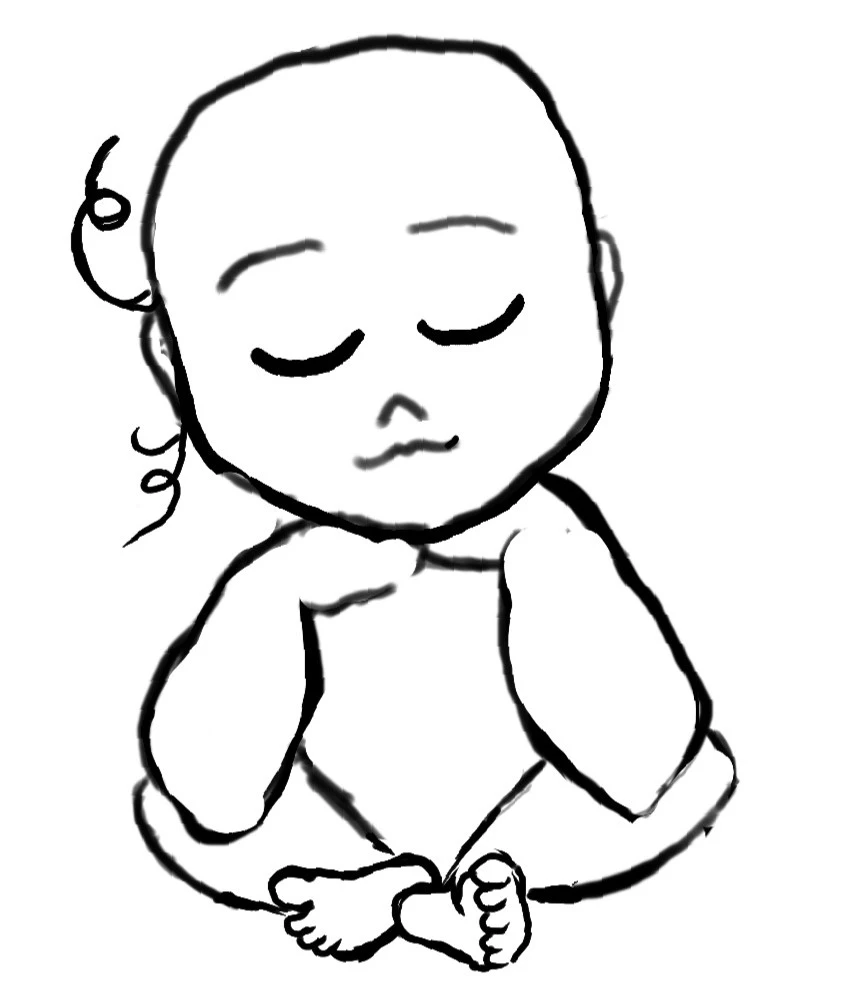Health4Life
A randomized controlled trial to evaluate a digital tool (Health4Life app) for parents of children aged 2–18 months.

Background
The first two years of life present valuable opportunities to shape children's lifestyle habits and positively impact their future health. In previous interview studies with parents and child healthcare nurses, we have found that parents were positive about the idea of receiving digital tools, such as the Health4Life app as a complement to the care they receive through child healthcare, while child healthcare nurses saw opportunities to provide evidence-based and reliable information to parents between routine visits.
Aim
Health4Life is a randomized controlled trial which aims to evaluate the effectiveness of the Health4Life app to support parents in establishing healthy lifestyle behaviours during their child's first 18 months of life.
Methods
Health4Life was developed by researchers at Karolinska Institutet (Group IMPACT, KI, PI Dr Christine Delisle Nyström) in collaboration with child healthcare nurses, pediatric dietitians, speech therapists, dentists, and parents of young children. The app includes information, tips, and advice on breastfeeding and bottle-feeding, food introduction, healthy eating habits, sleep, active play, as well as screen time. The randomized control trial is 16 months in duration, from 2 (± 2 weeks) to 18 months of age. During the routine visit at 6 weeks of age at the participating child healthcare centers, parents receive verbal information about the study from their child healthcare nurse and have the opportunity to express interest in participating in the study through scanning a QR code. The research team then takes over contact, enrolls the families who consent to participate, and randomizes them into either the intervention or control group. Both the control and intervention group receive usual care offered through child healthcare; however, parents in the intervention group also receive the Health4Life app for 16 months.
Measurements
Digital Questionnaires
Participation in the study involves a total of three measurements timepoints (baseline, and when the child is approximately 10 and 18 months of age).
Children's movement behaviours
Simultaneously, with the final questionnaire at 18 months of age, the child’s movement behaviours will be assessed using an accelerometer for one week. The child will wear the accelerometer around their waist under their clothes to assess their physical activity, sedentary behaviour, and sleep. Accelerometers have been used in numerous studies to measure movement behaviours in both children and adults. Furthermore, the same accelerometer was also recently used by the Swedish Food Agency to measure physical activity levels of 1.5-year-olds in a large national study.
Study Outcomes
- Children's dietary and screen time habits (Digital questionnaire at 18 months)
- Child's physical activity, sedentary behaviour, and sleep (Accelerometer at 18 months)
- Child's weight and height (Measured a child healthcare)
- Parents' self-efficacy in their ability to promote healthy lifestyle habits (Digital questionnaire at 18 months)
